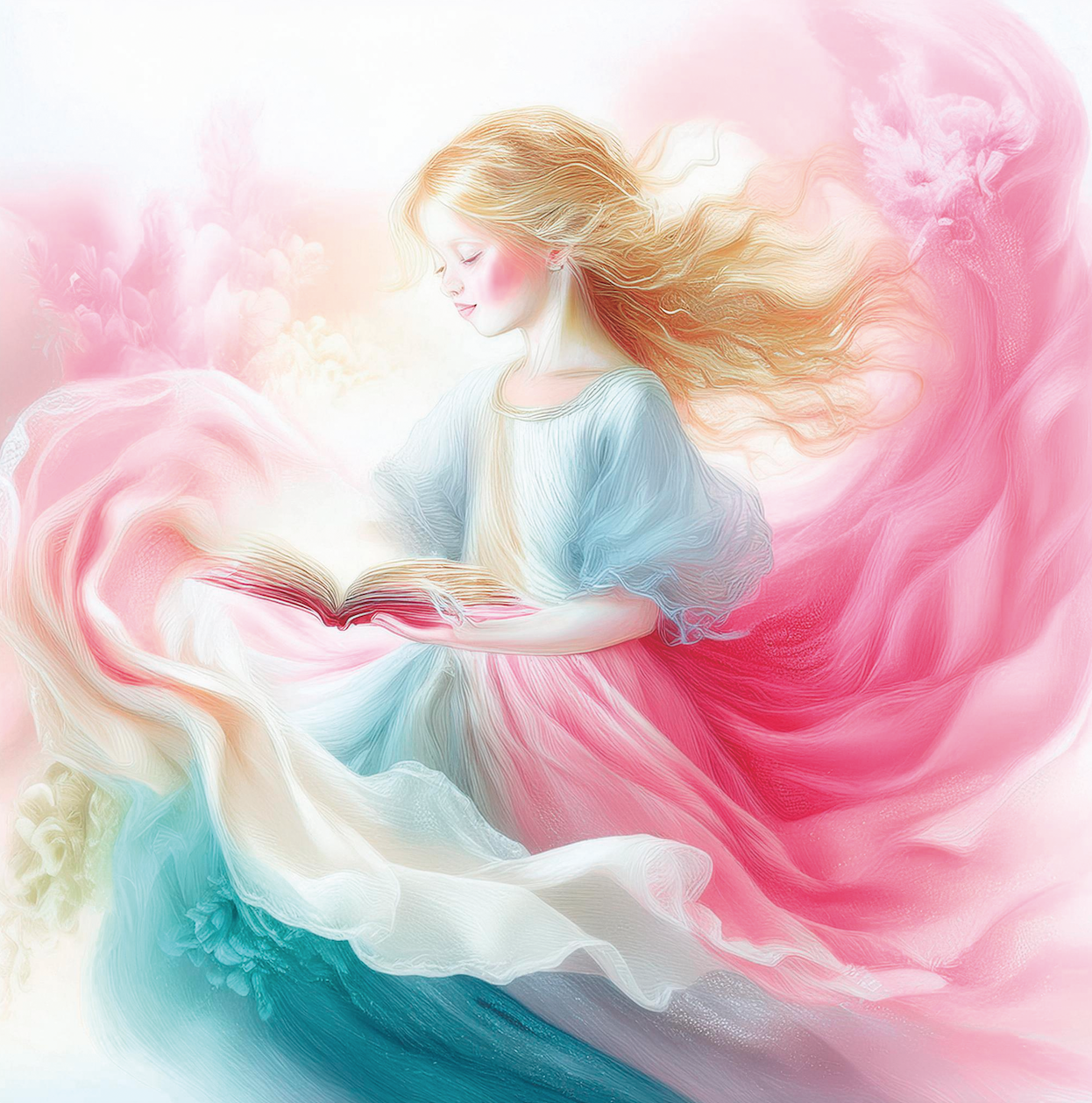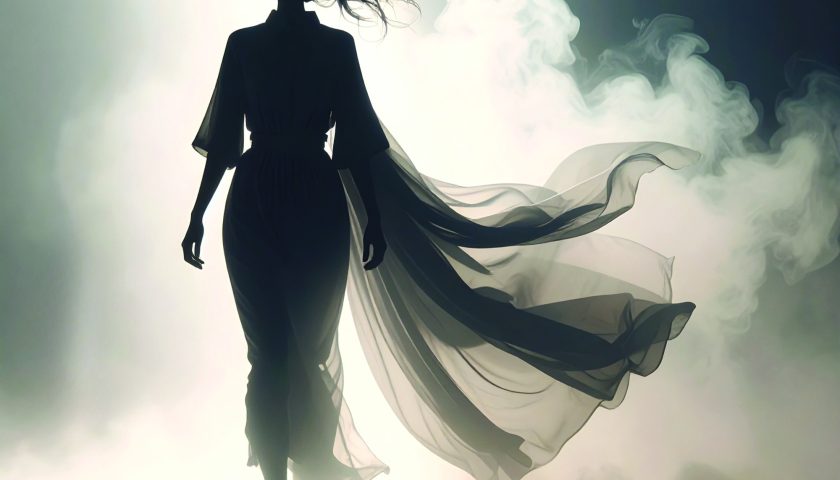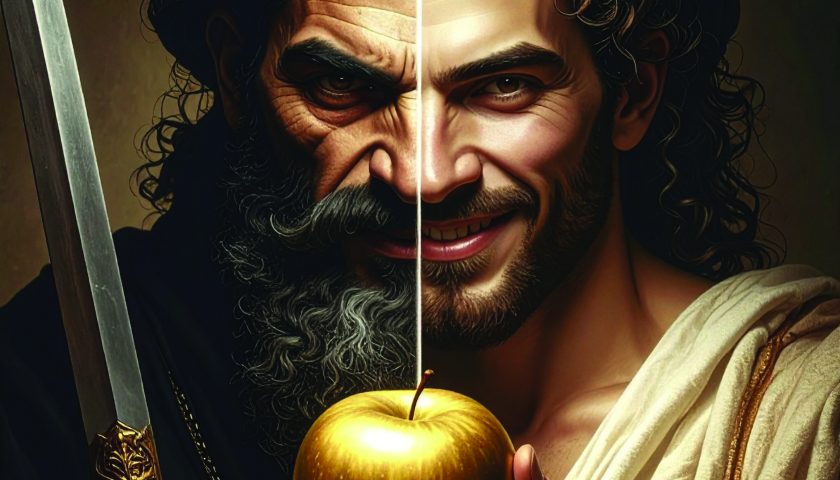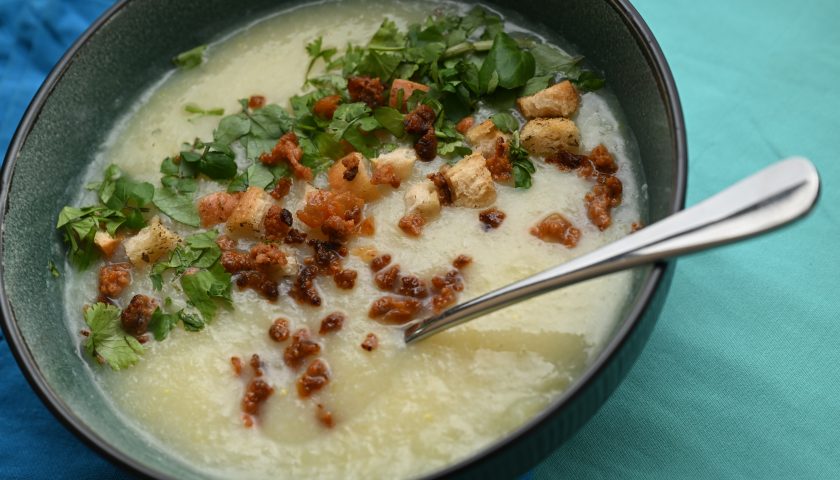Chosen…and hated
By: Itto Outini
Itto Outini is an author, book coach, Fulbright Scholar, Steinbeck Fellow, and MacDowell Fellow. She’s published in The North America Review, Modern Literature, The Stonecoast Review, Hidden Peak Review, Southland Alibi, The Good River Review, The Lowestoft Chronicle, Lotus-Eater, DarkWinter, Gargoyle, Sortes, and elsewhere, and she’s spoken for organizations including Cal Tech University, Verizon Wireless, The International Trade Centre, and the United Nations. She and her husband, Mekiya, are collaborating on several books and running The DateKeepers, a full-service author support platform. Itto holds an MA in journalism and strategic media from the University of Arkansas.
IN OCTOBER OF 2023, I RECEIVED A PHONE CALL from a friend. We’d known each other for seventeen years, keeping in touch even after I moved to the US while she stayed in Morocco. This was the first time we’d spoken since the 7th, however, the day the world changed.
She asked how I was using my platform and my training as a journalist to advocate for the Palestinian cause. I said I don’t specialise in that kind of journalism, hoping to redirect the conversation, but she was not to be redirected.
“Are you telling me you’re doing nothing?”
“I’m telling you I don’t do war reporting.”
“Then what good is your education?”
“It’s not just about education,” I told her. “It’s complicated.”
“Everyone’s trying to do something,” she said. “Everyone’s trying to help them, even the cab drivers, but not you? I never thought you were so stupid. You never earned anything, did you?”
“What are you saying?”
“I’m saying you’re talking like a dirty Jew.”
“Lihoudiya” was the word she used. “Lihoudiya” – a Moroccan slur that makes the American N-word sound tame. “Lihoudiya” doesn’t just mean you’re less than human. It means you’re the root of all evil.
“If every single one of them died,” she said, “the world would be a better place.”
“You know what Hitler said?” I once heard a teacher in Morocco asked his class. “He said, ‘I didn’t kill them all. I killed most of them, but I left a few so you’ll know why I killed the rest.”
“I have a question for you,” I said to my friend. “What if you found out that I was a Jew?”
Through the phone, a sharp intake of breath. “Is that true?”
“I’m just asking.”
“If that’s true,” she said, “I’ll never speak to you again. I’ll have nothing to do with you.”
“Even though I’ve done nothing wrong? I’ve done nothing to hurt you?”
She said nothing. She hung up the phone.
I had no idea that Israel was a sovereign state, recognised by the majority of the world’s governments and the United Nations, until I came to the US in 2017. Morocco didn’t officially recognise Israel’s statehood until 2020, and given the depth of anti-Semitism in the culture, I can’t help but wonder whether certain schoolteachers are still telling their students what I was told: that the Israelis are merely an insurgent militia occupying territory that rightfully belongs to the sovereign nation of Palestine.
Stories hold things together. Without them, the past and present would amount to little more than one violent misunderstanding after another.”
This is rather ironic given that most Moroccans are indigenous Berbers by heritage, if not by self-identification, and the Berbers have enjoyed a long and fruitful history of cultural exchange with the Jews. There were practicing Jewish Berbers in the Maghreb before there were Christians or Muslims, a fact evidenced not by the Berbers’ writings – our historical tradition is exclusively oral – but by those of the Christians and Muslims themselves. When Islam swept into the region, Christianity faded quickly, but practicing Jewish oases persisted. Before the creation of the State of Israel, Morocco had the largest Jewish population anywhere in the Muslim world. To this day, some scholars and folklorists still think the Berbers are descended from one of the scattered tribes of Israel, though definitive proof remains unforthcoming.
Nonetheless, tensions between the two groups have never been higher. Fewer than five thousand practicing Jews live in Morocco today, with most having left after WWII. Jews from all around the globe make pilgrimages to Morocco throughout the year, and the government has poured money into preserving and restoring dozens of synagogues, cemeteries, and shrines, even going so far as to establish the only Jewish museum in the Arab world. Yet, at the same time, living, breathing Moroccan Jews have been relegated to the sociocultural fringe, serving as convenient scapegoats for both Arabs and Berbers.
I was born to an Arab mother and a Berber father, putting me in a particularly tricky situation since the Berbers, like the Jews, trace their lineages through their mothers, whereas Muslims, like Christians, trace theirs through their fathers. It didn’t help that my mother’s family was almost certainly Berber if you go back far enough, an identity concealed beneath layers of colonially induced self-hatred. When my mother died a few years after I was born, my father promptly disowned all her children and married another woman. I grew up an outcast, passed from one relative to another, called “Lihoudiya” first by my father’s family, then by my mother’s. I’d never met a practicing Jew, much less learned the first thing about Jewish history, but I grew up convinced that I was one of them: the root of all evil.
I have no idea what a DNA test would reveal. It makes little difference to me. Blood is not, as far as I’m concerned, the principal determinant of destiny. My affinity for the people I was taught to identify with, and to hate, runs much deeper. Like the Jews, I was told that I was chosen. Before passing, my mother singled me out as her favourite child. She praised my intelligence and loved me for helping her with chores, making her life easier when everyone else in her world was making it harder. With her dying breath, according to one of my aunts, she said my name, calling down a curse on anyone who didn’t protect me – a last wish that went catastrophically unfulfilled.
Early on, my father, too, saw me as special. He and his best friend used to take me on hunting trips when I was very young. Years later, his friend still remembered the pride in my father’s voice when he spoke of me darting around in the high grass, playing with insects, remembering plants’ names. What changed his mind, I’ll never know. The same friend reported that shortly before his death, my father said he wanted nothing to do with me and called me a filthy whore.
Since their abrupt fall from grace, the Jewish people have lived as outcasts, tossed about on the turbulent currents of history, suffering extraordinary trials and tribulations. I, too, fell from grace and went on to suffer extraordinary trials and tribulations. First orphaned, then neglected and abused by my family, then blinded by a relative, then left to die, I managed to survive six years of homelessness, secure my education, and claw my way back to dignity and self-love. Like the Jewish people, I’ve been both admired and despised for my intelligence, and like the Jewish people, I’ve relied on that faculty to keep me alive. Like the Jewish people, I’ve always looked first to my own failings whenever something in my life goes wrong, not in the spirit of self-blame, but with the goal of reforming myself and improving my odds in the next round. Like the Jewish people, I speak many languages, and like the Jewish people, I’ve had to leave the places I called home, not once, but many times. Like the Jewish people, I’ve put down roots in a new country, a country where I’m honoured to contribute all I have. Like the Jewish people, I have built myself from nothing. I don’t need 23andMe to tell me this. It’s in my bones.
I am a child of the book. Not in the conventional sense, for I practice no religion, but what are religions anyway if not specific progressions of stories? Whether those stories are true, and whether that truth is literal or metaphorical, is not up to me to decide.
I am a child of stories of all shapes and sizes: fiction and nonfiction, highbrow and low, contemporary international literature, Arabic classics, the Western canon, and an indigenous millennia-old oral tradition. I endured my family’s verbal, physical, and sexual abuse by telling stories. I survived homelessness by telling stories. I achieved my education thanks to stories. Today, I make my living as an author and book coach, working in concert with another storyteller, my husband, telling our stories, helping others tell theirs. I compose stories, and stories compose me. Without stories blowing like wind in my sails, you never would’ve heard of me. I would be no one.
Stories hold things together. Without them, the past and present would amount to little more than one violent misunderstanding after another. The Jewish people would not be a people. Israel would not be a state. I would not have had a friend, and I would not have lost her. She and I were born into a common story. Now we’re telling different ones. I cannot see things as she sees them anymore. Perhaps I never could. Call someone “Lihoudiya” one too many times, and she starts to believe it – but she also starts to question what she knows about that word, and other words. She starts to question all the words that form the fabric of the story, each and every one.
“What if you found out that I was a Jew?” I asked my friend.
What if, indeed?





